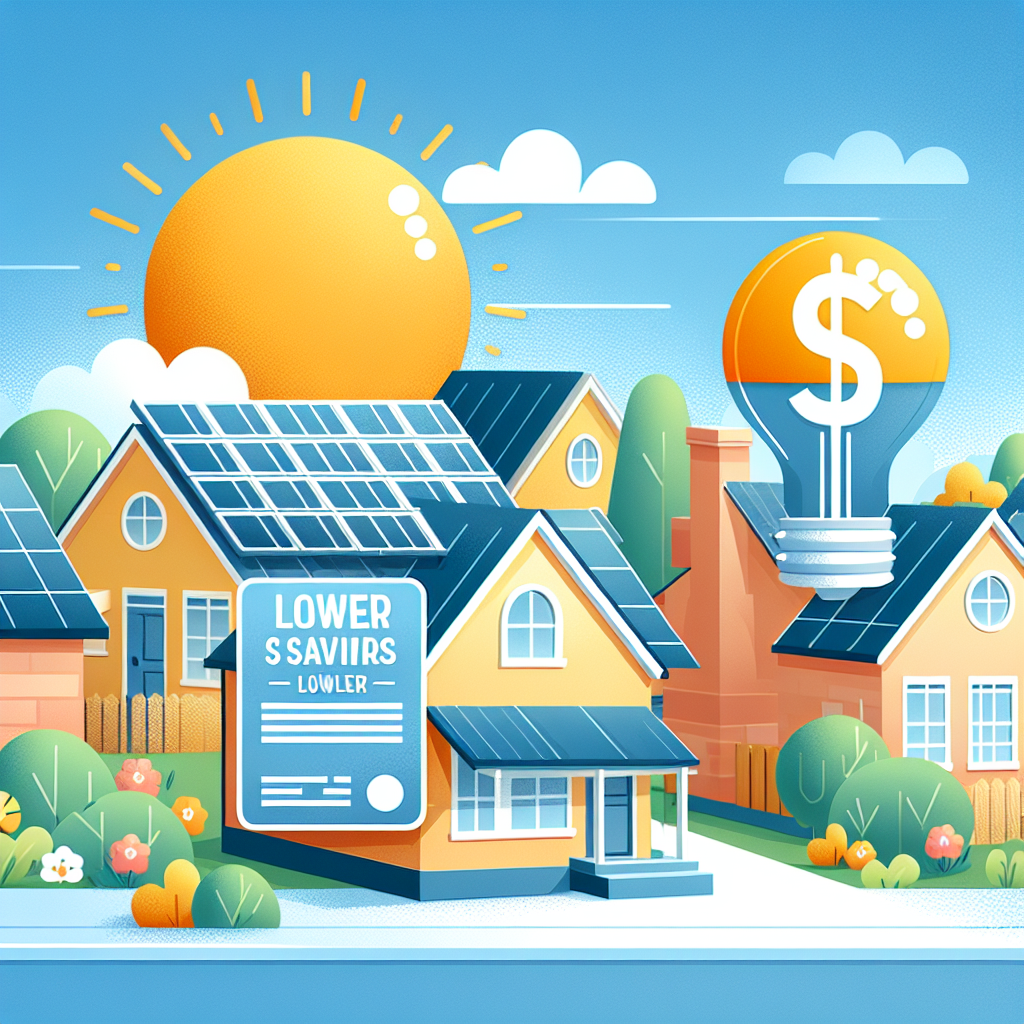Are you tired of your electric bills climbing higher each month? If so, you’re not alone. Homeowners everywhere are searching for ways to save money while protecting the environment. One of the most effective solutions is harnessing solar energy. In this article, we’ll explore how you can maximize your savings on electric bills through solar energy, with tips that are easy to understand and implement.
Understanding Solar Energy
Before diving into savings strategies, it’s important to grasp what solar energy is and why it matters. Solar energy is derived from sunlight and converted into electricity using solar panels. This clean energy source reduces your reliance on fossil fuels, leading to a smaller carbon footprint. Plus, the initial investment can yield significant long-term savings on utility costs.
Solar Panel Installation: The First Step to Savings
Assess Your Home’s Solar Potential
Before you can reap the benefits of solar energy, you need to assess your home’s suitability for solar panel installation. Key factors include:
- Roof Orientation and Angle: South-facing roofs with a steep angle often receive the most sunlight.
- Shading: Nearby trees, buildings, or other obstructions can impact the effectiveness of your solar panels.
- Space: Ensure you have adequate roof space or land to install the number of panels needed to meet your energy needs.
Choosing the Right Solar Panels
Not all solar panels are created equal. When selecting solar panels, consider the efficiency, warranty, and reviews from other users. High-efficiency panels may come at a higher price but can generate more energy, leading to greater savings in the long run.
Hiring a Reputable Installer
Hiring a qualified installer is crucial. Research local companies, check certifications, and read customer reviews. A good installer will not only place your panels correctly but also advise you on incentives and tax credits that can further decrease your upfront costs.
Utilizing Solar Incentives and Rebates
Federal and State Tax Credits
Take advantage of federal programs such as the Investment Tax Credit (ITC), which allows you to deduct a percentage of the solar installation costs from your federal taxes. Many states and local governments also offer their own incentives, which can significantly reduce the cost of going solar.
Utility Rebates
Check with your utility company; many provide rebates for solar installations as part of their energy efficiency programs. These rebates can vary significantly, so contact your provider for specific offers.
Optimize Your Energy Usage for Additional Savings
Invest in Energy-Efficient Appliances
Once you install solar panels, it’s wise to reduce your overall energy consumption. Upgrade to energy-efficient appliances that are rated highly by the Energy Star program. Look for LED lighting, Energy Star refrigerators, and smart thermostats that help manage your home’s energy use more efficiently.
Perform Regular Energy Audits
Conduct an energy audit of your home to identify where you can cut down on energy use. This can include checking insulation, sealing drafts around windows and doors, and ensuring your HVAC system is functioning properly. Many energy companies offer free audits, so take advantage of this service.
Solar Battery Storage: Maximizing Your Savings Further
Why Consider Solar Batteries?
Solar battery systems allow you to store excess energy generated during sunny days to use at night or during cloudy weather. This means you can minimize your reliance on the grid even more, leading to larger savings on electric bills.
Choosing the Right Battery System
When selecting a solar battery, factors such as capacity, warranty, and compatibility with your solar system should be considered. Look for batteries with a long lifecycle and good reviews for reliability to get the most bang for your buck.
Monitor Your System and Adjust Usage Habits
Investing in Solar Monitoring Technology
Once your solar panels are installed, consider investing in solar monitoring tools. These systems not only help you see how much energy you’re producing but also let you adjust your energy use accordingly.
Time Your Energy Use
To maximize savings, try to use energy-intensive appliances during the day when your solar panels are generating electricity. This shift can help you rely less on grid power, further reducing your bills.
Conclusion: Take the Next Step Towards Savings
Switching to solar energy isn’t just a trend; it’s a pathway to lower electric bills and a more sustainable lifestyle. By assessing your home’s solar potential, taking advantage of state and federal incentives, optimizing energy usage, and considering energy storage solutions, you can significantly reduce your electricity expenses.
Taking the leap to solar power may seem daunting at first, but the long-term benefits are undeniable. Join the green energy movement today, and start reaping the savings!
With this approach to solar energy and thoughtful planning, you can maximize your savings and enjoy a brighter, more sustainable future. Don’t wait—start exploring your solar options today!


